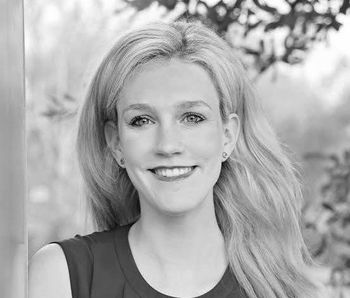OSU med students required to read 'antiracism' docs, warned against asking Black colleagues 'How are you doing?'
One text recommends that White people ask their Black colleagues if they need to make space before beginning a discussion.
OSU Wexner Medical Center, an OSU-affiliated institution where students from the College of Medicine receive many of their clinical experiences, has a 21-day ‘anti-racism challenge.’
Ohio State University College of Medicine (OSUCOM) students are required to read a slew of diversity, equity, and inclusion (DEI) and antiracism literature, including an opinion piece that recommends a White colleague not ask a Black colleague how they are doing.
“This opinion piece … informs the reader of ‘things to be mindful of with not only Black friends but also Black Colleagues in the workplace.’ One recommendation is to stop asking, ‘How are you doing?’ Its reason is that the situation ‘for Black People (and all People of Color)’ is to ‘experience racism every day,’” the July 2023 report published by Do No Harm, a medical nonprofit, states.
The report’s author, Laura Morgan, is a former registered nurse and nurse residency coordinator at Baylor Scott & White Health in College Station, Texas. She was involuntarily terminated for refusing to take the annual implicit bias training.
The author of the opinion piece, “6 Questions to Stop Asking Your Black Friends Right Now,” recommends coworkers “use statements and just say you are thinking of us,” is Daisy Hunt Harris, a DEI consultant.
“Acknowledge that you see what’s happening and share your solidarity in dismantling racism,” Hunt Harris writes. “And then, say up front that you do not expect a text, a call, a response back. Take the burden off.”
A Black person who receives a “How’re you doing” text is akin to someone who recently lost a loved one receiving the same message, Harris also writes.
[RELATED: 2021 in review: Medical schools’ push for social justice health care]
A second piece written by Harris and that OSUCOM students must read recommends that White people ask their Black colleagues if they need to make space before beginning a discussion.
“It is important that you ask Black people (not White people) if they would like further discussion space, as not everyone is comfortable, ready, or simply willing to discuss at work,” Harris writes.
OSU Wexner Medical Center, an OSU-affiliated institution where students from the College of Medicine receive many of their clinical experiences, has a 21-day ‘anti-racism challenge’ that includes the following works: “What Kind of Asian Are You?”, “Teaching While White,” and an ‘anti-racist’ reading list by Ibram X. Kendi.
[RELATED: Medical school infuses curriculum with CRT, DEI]
“The emphasis on making patient care and professional relationship decisions based on skin color is completely at odds with traditional healthcare values,” Do No Harm’s report states.
“Medical students have a very limited amount of time to learn how to be a good doctor,” Morgan told Campus Reform. “If you’re filling some of that time with this type of training, what are you taking away? Are you taking away time for them to learn how the kidneys work? Or how to save someone’s life?”
Health equity places people into groups rather than seeing them as individuals, Morgan said.
“If you have one patient who comes to you with a broken finger, and another patient who comes to you with stage four, pancreatic cancer, it doesn’t matter what color they are, they’re not going to have the same outcome,” Morgan told Campus Reform.
Follow Melanie Wilcox on Twitter for more stories like this.

